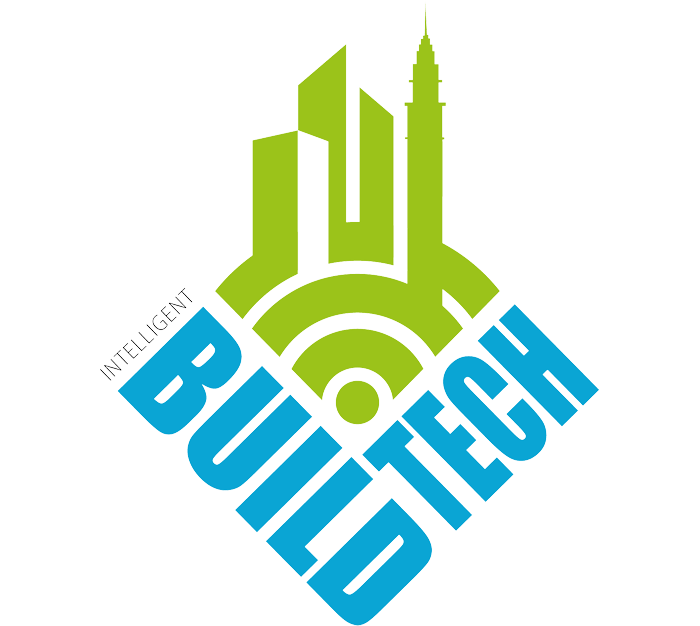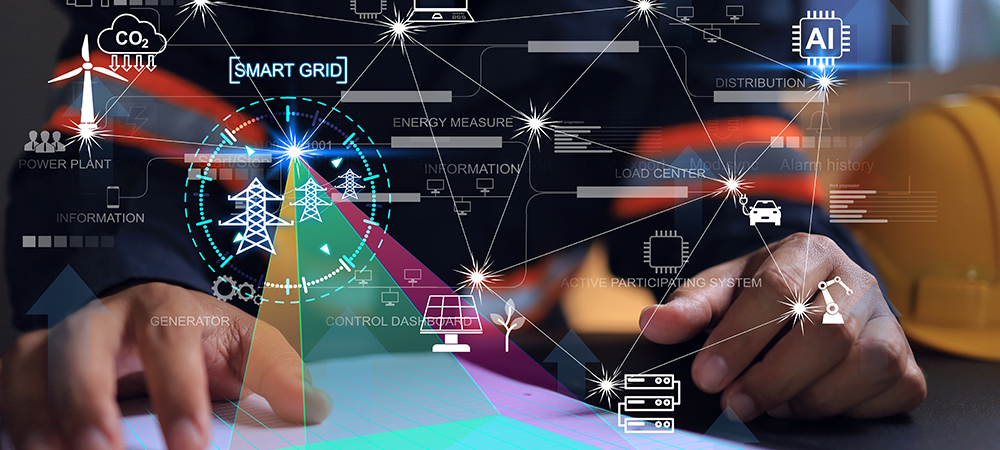Artificial intelligence (AI) is already transforming industries across the UK economy, and the energy sector is no exception. Daniel Burton, CEO of PropTech pioneer, Wondrwall Group, discusses how AI has the power to completely change how we balance and control energy production, distribution and consumption.

From predictive maintenance of assets to optimising renewable integration, AI is an essential tool in the transition towards a more sustainable, resilient and affordable energy system.
We know that the built environment generates 40% of the UK’s total annual CO2 emissions, so this sector must be at the forefront of both our national and global efforts to combat climate change. An immediate priority for the sector is reducing the 27% of total emissions from day-to-day use of buildings, by adapting user behaviours, embracing renewable energy sources and using lower carbon technologies.
Distribution shift
One hurdle we face in decarbonising our homes is the effective distribution of energy through the power grid. As more distributed generation technologies like rooftop solar and low carbon technologies, like heat pumps and EV charge points, are connected, the electricity network is becoming more complex, requiring active dynamic management to balance energy generation and demand. Renewable energy sources like wind and solar are variable, which makes integrating them into the grid more challenging. AI helps address this intermittency through better forecasting of renewable generation and demand.
Currently, around 20% of the UK’s current energy consumption is electrical, 30% is supplied by burning natural gas for heating and cooking, while the final 50% is liquid fuels (petrol and diesel) used to power transport and logistics. To decarbonise our heating and transport infrastructure would require around a four-fold increase in energy demand provided by the electricity system to power EVs and electrical heating. AI will be vital to maximising energy efficiency and reducing the need for vast infrastructure costs upgrading the grid, which ultimately get passed on to the consumer via higher energy bills.
To make this transition quickly and cost-effectively, we need to overhaul the way we think about energy consumption and generation. At present, we operate a centralised energy supply model that relies heavily upon carbon-emitting baseload generation. As we move towards a sustainable approach using more intermittent renewable energy sources, we must also incentivise energy efficiency. This will deliver a win-win for the UK by accelerating decarbonisation, reducing demand on the energy system avoiding the need for expensive network reinforcement, and boosting our resilience and energy security.
Once again, AI technologies will be key, enabling intelligent management of storage and usage transforming homes into mini-power plants, maximising self-consumption of solar energy in the summer and minimising purchases from the grid in the winter. Emerging AI and automated technologies will allow homes to continuously optimise energy utilisation autonomously, without the need for human-operated apps and other interventions, increasing convenience, efficiency and significant cost savings. There is no doubt AI is the silver bullet to emission reductions and the path to net zero carbon.
Intelligent homes
Wondrwall’s vision is for all newly built properties to be self-learning, energy-efficient homes actively managing generation, storage, and consumption to deliver reliable, low-carbon energy for households at the lowest possible cost. For example, solar panels and batteries can supply a home’s needs during sunny summer days and even export excess power to the grid for revenue. That revenue can then offset the home’s grid purchases during darker winter months. Dynamic rate plans can incentivise energy consumption at times of low demand and lower prices, while automated smart devices can optimise appliance usage for efficiency using AI. Home energy management systems with machine learning capabilities can predict usage patterns and production potential to optimise storage and buying/selling decisions.
Wondrwall uses AI to analyse over 20,000 data points for every home each day to reduce energy waste in homes by optimising space and hot water heating, lighting and other systems. This intelligent management of distributed energy resources can shift demand to off-peak times, reducing strain on the grid. Not only is this beneficial for the grid, but for the individual homeowners’ electricity bills too. Buying electricity when it is cheaper, and even selling back surplus created renewable energy can even generate negative bills, where owners make money from their energy-efficient home. So, with sufficient local renewable generation and storage capacity, homes could achieve near or total energy self-sufficiency. However, even without being fully off-grid, the combination of solar, storage, efficiency, and intelligent management can allow homes to become active participants in the energy system – reducing costs and emissions while supporting the grid’s transition to clean energy.
Clean homes on large scales
With 1.5 million homes aiming to be built in the next five years, based upon the Government’s 300,000 homes annual construction target, we ensure that every one of these newly built homes is net zero ready to meet our national 2050 decarbonisation target.
Supporting decentralised energy production and incentivising the latest technology will be pivotal to reaching the UK’s decarbonisation targets while driving down the cost of energy for consumers.
The Future Homes Standard is a central tool for fostering and mandating the construction of high-quality net zero homes, encouraging integration of new technologies, and specifically AI, to supercharge the UK’s progress towards net zero.
Areas of opportunity
Looking ahead, I see the biggest opportunities for AI in three key areas:
- Optimising buildings and homes as intelligent, grid-integrated energy assets. Use of AI in the built environment will enable real-time, self-adaptive energy efficiency at mass scale, future-proofing UK assets, for both residential and commercial buildings, with huge potential, not just in the new build market, but in growing sectors like BTR and social housing, too.
- Managing diverse distribution of energy resources like solar, batteries, EVs, and flexible loads. AI will help harness these assets into virtual power plants that strengthen grid resilience.
- Modernising grid operations and planning to handle the complexity of the renewable energy transition. AI will be integral to grid dispatch, asset monitoring, outage response, and long-term capacity expansion planning.
The next decade will bring exponential growth in clean energy and electrification. The road ahead is challenging but immensely rewarding for those who harness the power of AI to propel our energy systems into a more innovative and sustainable future.




